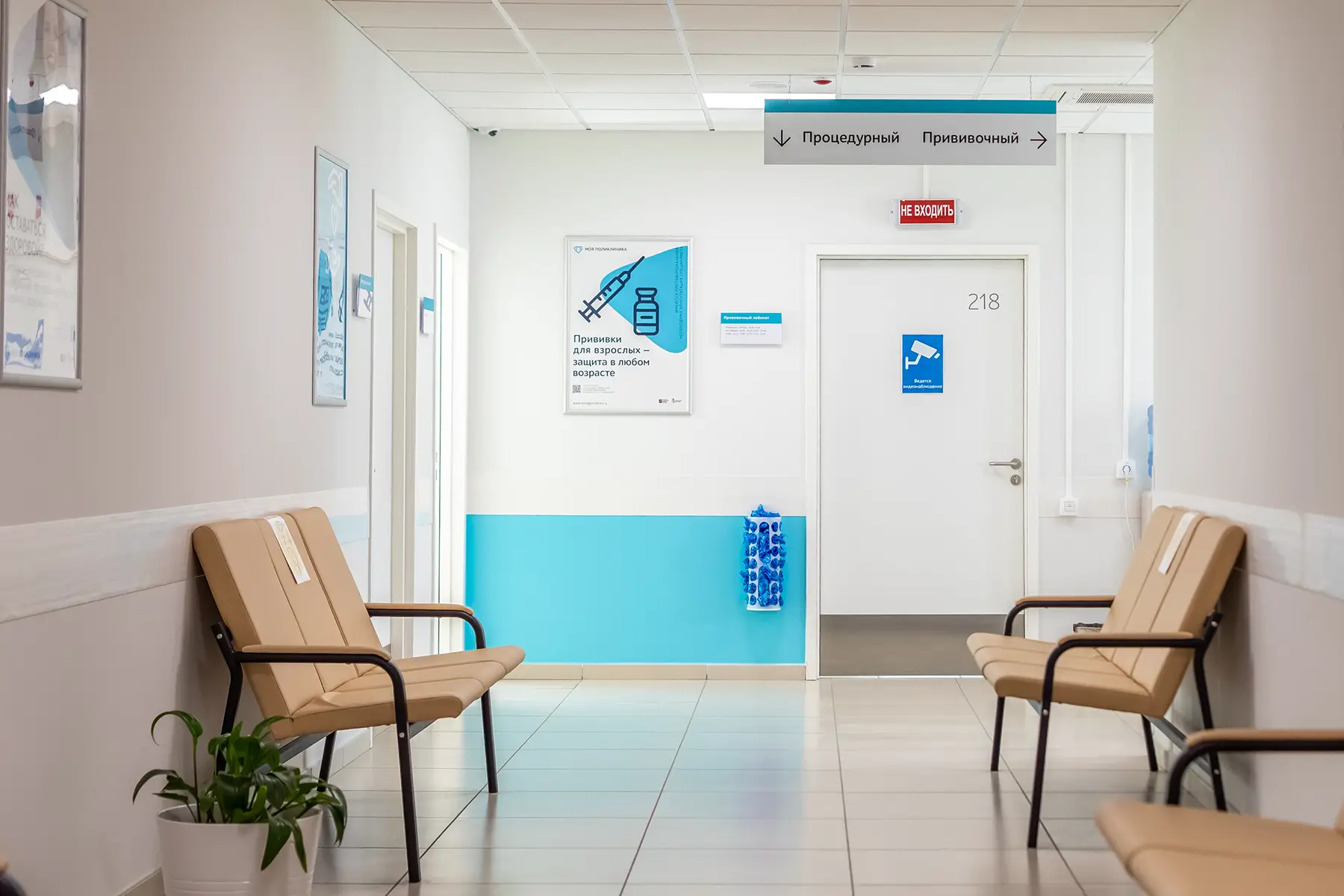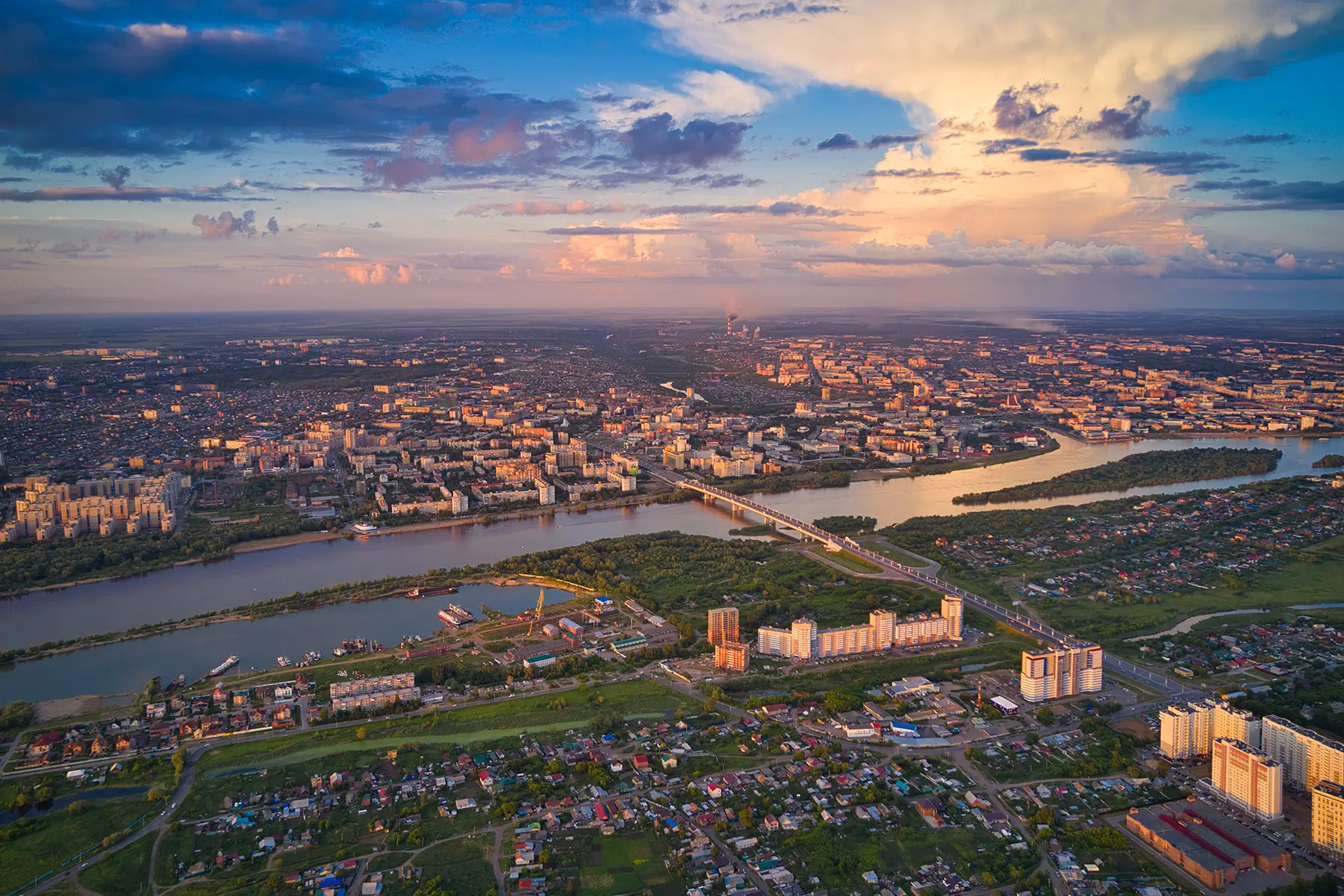Important notice from the Editor in Chief
Maintaining our Russian site is a delicate matter during the war. We have chosen to keep its content online to help our readers, but we cannot ensure that it is accurate and up to date. Our team endeavors to strike the right balance between giving information to those who need it, and respecting the gravity of the situation.
If you’re looking to study abroad, then Russia might be an interesting option. However, with around 950 universities and institutes on offer nationwide, knowing how to choose one can be a challenge. With this in mind, this helpful guide is here to walk you through the options and provide the following information:
- Higher education in Russia
- Degree programs in Russia
- Postgraduate programs
- General requirements for studying in Russia
- The costs of studying in Russia
- Funding available for studying in Russia
- How to apply to study in Russia
- Student housing in Russia
- Working while studying in Russia
- Student healthcare in Russia
- Student life in Russia
- The cost of living in Russia
- After studying in Russia
- Useful resources
Higher education in Russia
Russia’s higher education system is based on the Bologna Process, which aims to unify higher education systems across Europe. Therefore, if you choose to study in Russia, your bachelor’s, master’s, or postgraduate diploma will be recognized throughout the continent, which is also known as the European Higher Education Area.
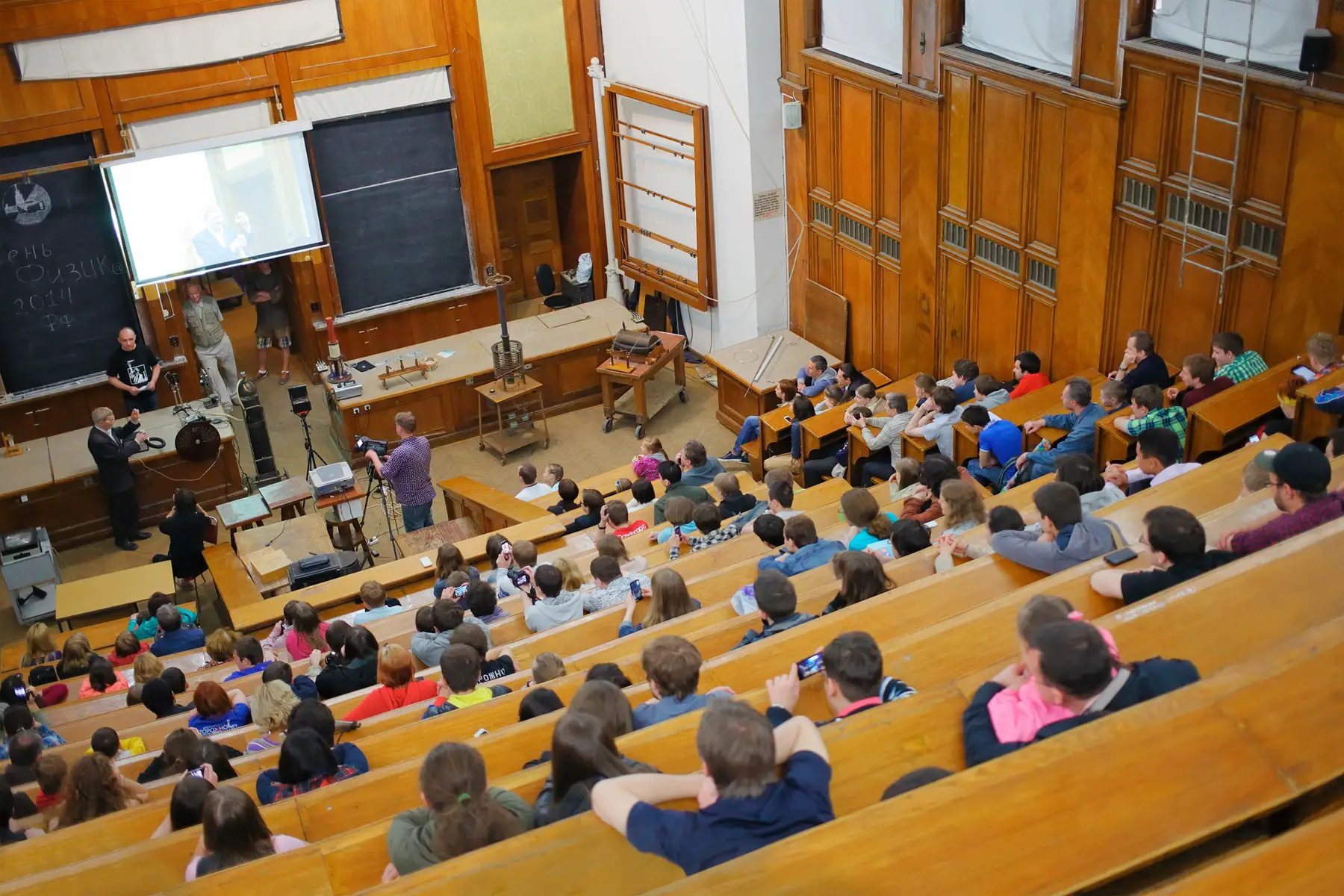
Furthermore, some universities in Russia, including Moscow’s highly rated Higher School of Economics, provide the European Diploma Supplement along with all degrees, ensuring that they are recognized throughout Europe. As a result, studying in Russia has become a very attractive and competitive option for students around the world. In fact, according to official statistics, a total of 315,000 international students chose Russia for their higher education in 2019/20. And most of these students came from the former Soviet Union and neighboring China.
There are certainly plenty of options, too. For instance, Moscow alone boasts more than 40 higher education institutions, including Lomonosov Moscow State University, which ranked 79th in Europe in the 2021 Times Higher Education World University Rankings.
Degree programs in Russia
Russian universities offer two types of degrees: a Bachelor’s degree and a Specialist diploma. And your future plans following graduation will determine which of these degrees you apply for.
Bachelor’s degree
A bachelor’s program is a four-year course that covers both fundamental disciplines and specialized subjects based on your chosen field of study. In the final year of the program, students must write a thesis. This will then present (or defend) this before a committee at the final examination.
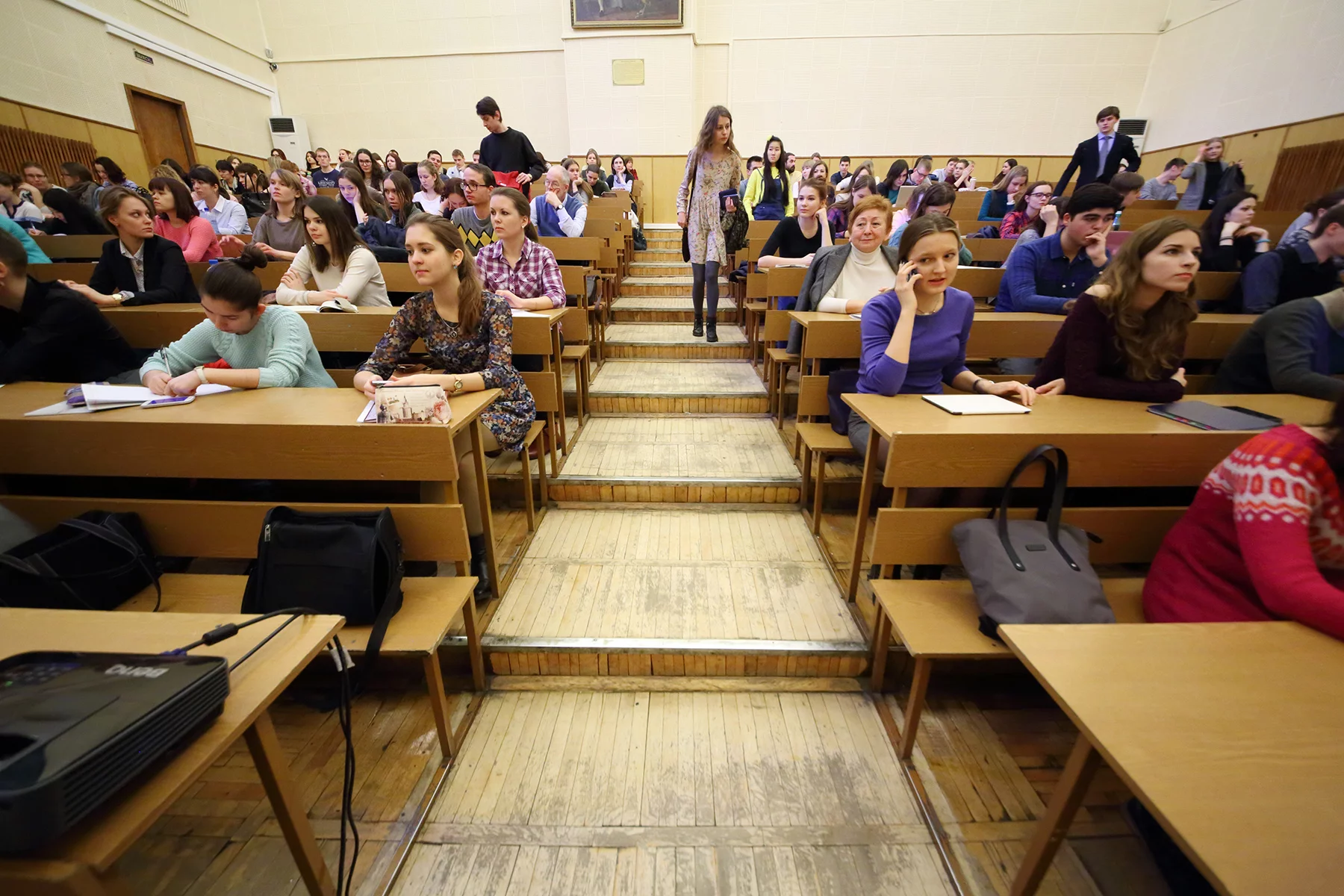
A bachelor’s degree will enable you to seek employment in your field or continue your education at the Master’s level. If you wish to continue your education in a different country, you should consider applying for a bachelor’s program rather than a specialist program. This is because it will be more easily recognized by higher education institutions overseas.
Specialist diploma
A specialist degree is awarded at the end of a five- or six-year program that is oriented toward practical education in the student’s chosen field. During the final year, students must sit state examinations and write and defend a thesis. If you plan to continue your studies in Russia after graduating with a specialist degree, you can bypass a master’s degree and begin a Ph.D. program. Alternatively, you can seek employment in your chosen field.
Postgraduate programs
Master’s degree
A master’s program is usually a two-year course. It aims to deepen the knowledge that you received during your bachelor’s program. Like the bachelor’s and specialist programs, the final year of the master’s program is dedicated to writing and defending a dissertation. After graduating with a master’s degree, you can either enter the workforce or go on to study at the Ph.D. level in Russia or elsewhere.
Ph.D.
A Ph.D. program can last between three and five years. In Russia, Ph.D. studies can take place either at a university or at a number of specialized scientific research centers throughout the country. After defending your dissertation, you will be granted the title of Candidate of Sciences (Kandidat Nauk).
General requirements for studying in Russia
Visa requirements
Unless your country has a visa-free travel agreement in place with Russia, you will need a visa to study there. You can read our guide on applying for a Russian student visa for more information on that.
From 2021, it’s also necessary for foreigners who are in Russia for longer than 90 days to register their fingerprints and go through a medical check-up. You can read more about this in our article on the Russian healthcare system.
Language requirements
Although the vast majority of courses in Russia are taught in Russian, several major universities also offer a selection of English-taught programs. When applying for one of those, you will need to provide proof of your level of English in the form of an IELTS or TOEFL certificate. You may also need to undergo an interview in English.

If you choose to study in Russian, you may wish to start with a year-long Russian language program. Fortunately, almost every university offers this through its preparatory department. Depending on the university you attend, the course may also include modules in your chosen degree subject.
Getting overseas qualifications recognized
Before you apply to a university in Russia, you will need to make sure that your existing qualifications obtained outside Russia are legalized. There are two ways to go about doing this, as follows:
- Russian consular offices in your country will place a stamp and an official seal on your certificates. This will ensure that they are recognized in Russia only.
- If your country is a party to the Hague Convention of 1961, a notary or public official will affix an Apostille stamp to your certifications. This will ensure that they are recognized in over 100 participating countries, including Russia.
However, if you obtained your qualifications in one of the 46 countries that have pre-existing agreements in place with Russia, you won’t need to get them legalized.
The costs of studying in Russia
How much you will need to pay for your degree depends entirely on which university you choose. Prices vary wildly, ranging from 122,500 ₽ to 880,000 ₽ per year. However, the national average annual tuition fee for a bachelor’s program is around 250,000 ₽ per year. A master’s degree, on the other hand, might be slightly more expensive, averaging around 270,000 ₽ per year.
Funding available for studying in Russia
Every year, the Russian government offers a number of university scholarships to international applicants. In 2021, 18,000 such scholarships were made available, with many allocated to specific countries or for specific subjects based on pre-existing agreements. Russia’s Federal Agency for the Commonwealth of Independent States Affairs, Compatriots Living Abroad, and International Humanitarian Cooperation (Rossotrudnichestvo) organizes the scholarships.
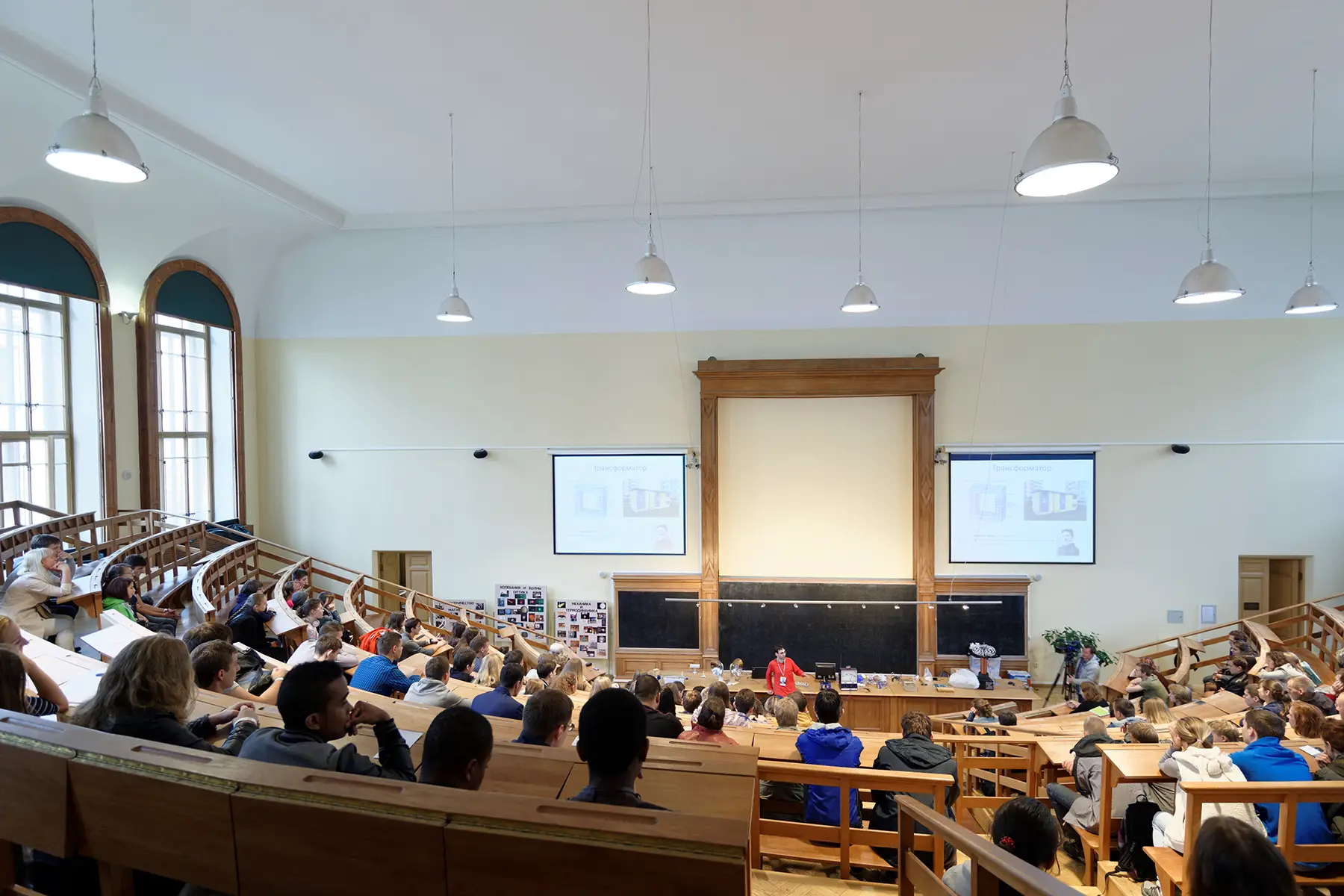
The government scholarship covers tuition fees in full and provides the student with a maintenance grant and free dormitory accommodation for the duration of their degree program.
In order to apply for a scholarship, you need to take the following steps:
- Contact the Russian embassy or Rossotrudichnestvo office in your country and ask about the availability of scholarships.
- Complete this form, selecting six universities (no more than two in each of Moscow and St. Petersburg), clearly indicating your order of preference. You will also need to provide documents to prove your identity, level of education, and level of Russian.
- Wait to be invited to take part in the selection process. Some universities require applicants to sit an exam, while others conduct interviews.
- If you pass the selection process, you will be invited to provide further documentation. This includes education certificates and a medical certificate. You must translate these into Russian and notarize them.
How to apply to study in Russia
Once you have decided where to study, you will need to begin the application process. When applying, you will need to provide notarized Russian translations of your passport and education transcripts. You will also need to submit a medical certificate from your doctor. These documents should be accompanied by a completed application form provided by the university.
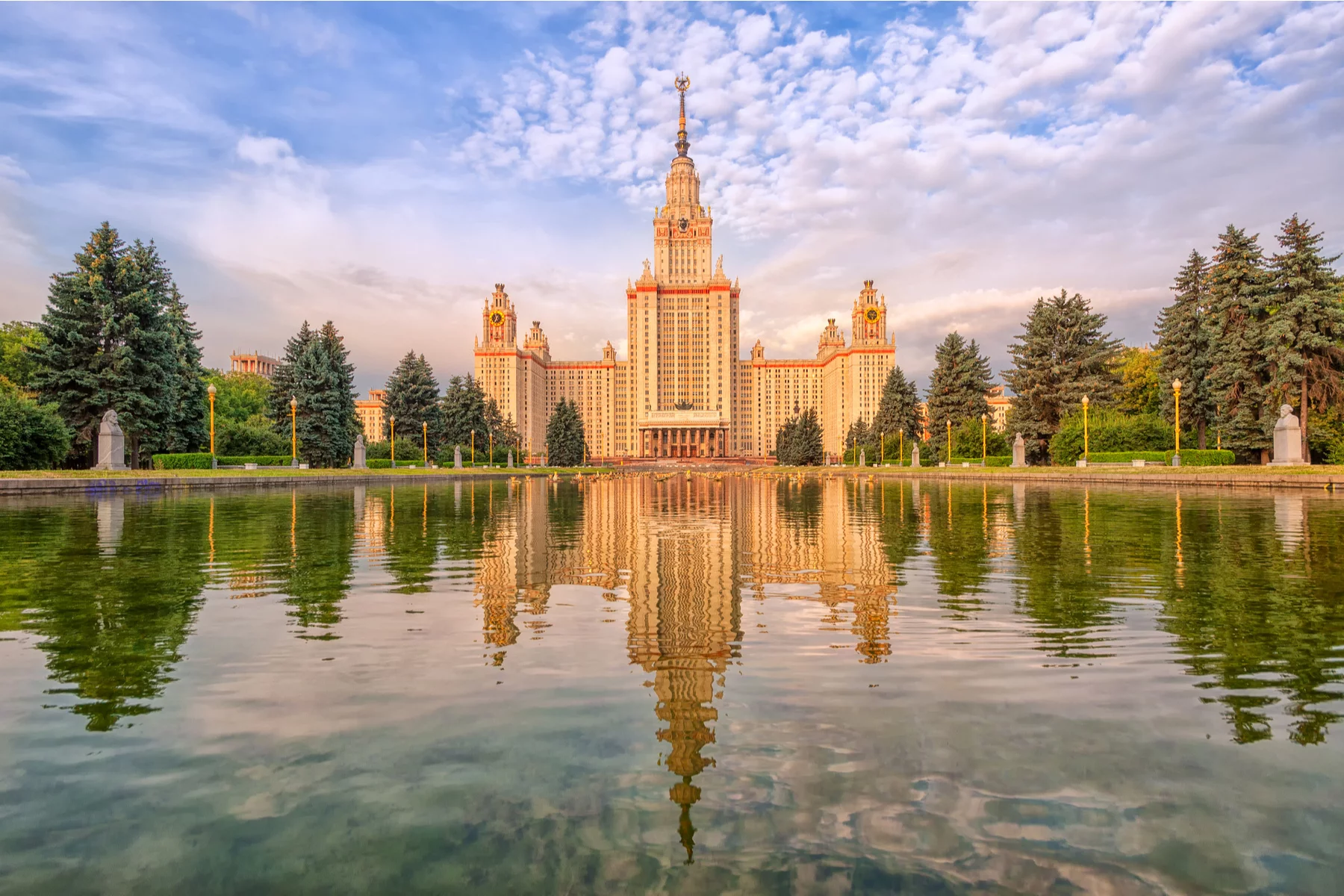
Many universities require applicants to sit an entrance exam. While Russian high school students take a single state-sponsored exam, most universities offer a specialized exam for international applicants.
Student housing in Russia
International students have several options when it comes to student housing in Russia. Prices can vary depending on the city, with Moscow and Saint Petersburg being the most expensive. Moscow, in particular, is a regular fixture in the most expensive cities in the world to live in. That said, you should be able to find something to fit any budget.
Student dormitories
Most Russian universities offer dormitory accommodation, and this is where the majority of international students choose to stay; at least to start with. A dormitory is usually the most affordable option, with prices ranging from 500 ₽ to 5,000 ₽ per month, depending on the university.
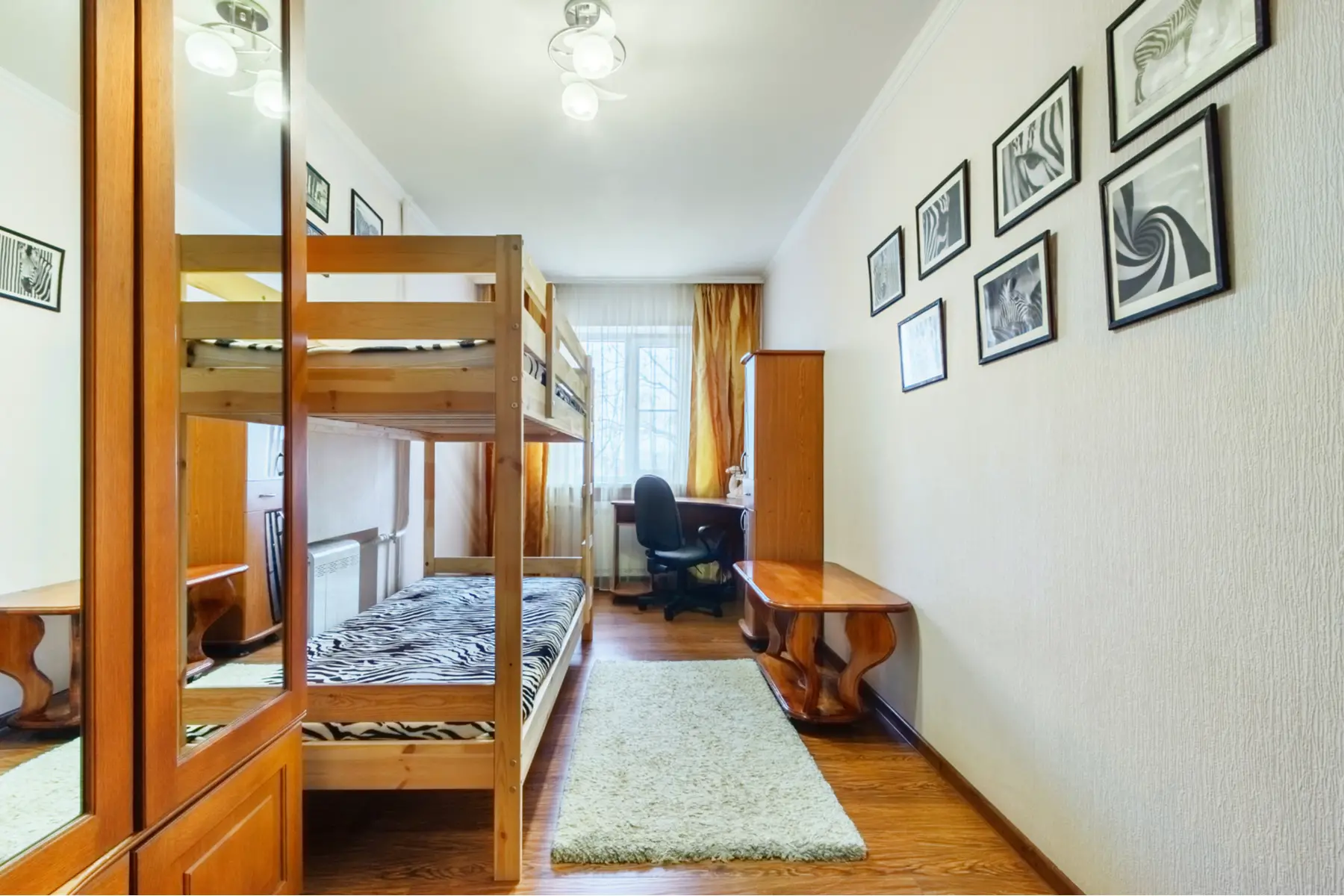
Dormitory rooms are usually shared between two to four students, which will give you ample opportunity to get to know your cohorts. Living on-campus can also provide other benefits, such as easy access to classes and other facilities offered by the university. However, if privacy is of particular importance to you, you may wish to consider one of the other options.
Homestays
A lot of Russian families, particularly those in the bigger cities, let out spare rooms in their apartments. International students often take this opportunity to make friends and work on their language skills.
Although a room is usually more expensive than a dorm room, costs can vary depending on the city. A room in Moscow, for example, will probably set you back around 15,000 ₽ to 20,000 ₽ per month. However, a similar room in Novosibirsk – a major city in its own right – would cost roughly half as much.
Some Russian universities will help students find host families. However, if yours doesn’t, you may want to check the listings on avito.ru.
Private accommodation
Alternatively, you may prefer to find an apartment of your own. This is, of course, the most expensive option. A one-room apartment in Moscow will cost around 30,000 ₽ to 35,000 ₽ per month. That said, this may vary based on your proximity to the city center. Again, prices will be lower elsewhere in Russia. You can read our guide to finding Russian apartments for more information on this.
Working while studying in Russia
Some students may want to find a job to help bolster their funds while studying in Russia. However, just be aware that while your student visa allows you to work part-time for your university, any other jobs will require you to obtain a work permit. This is partly why many international students choose to take on work as native language assistants at their universities.
Student healthcare in Russia
Although Russia has a comprehensive state healthcare plan for its citizens, foreign nationals are only eligible to receive first aid and emergency medical services free of charge. Therefore, you will need to purchase a Voluntary Health Insurance Policy (VHI) upon arrival in the country. To give you an idea of costs, Moscow-based international students could obtain a VHI for anywhere between 4,000 ₽ and 12,000 ₽ in 2020.
Some Russian universities also offer assistance to international students in obtaining a VHI. Therefore, it’s a good idea to contact your university’s international student office before traveling in order to get the details.
Student life in Russia
The academic year in Russia runs from September to June. There are two terms each year, with a winter break at New Year. Exams generally take place in January and June.
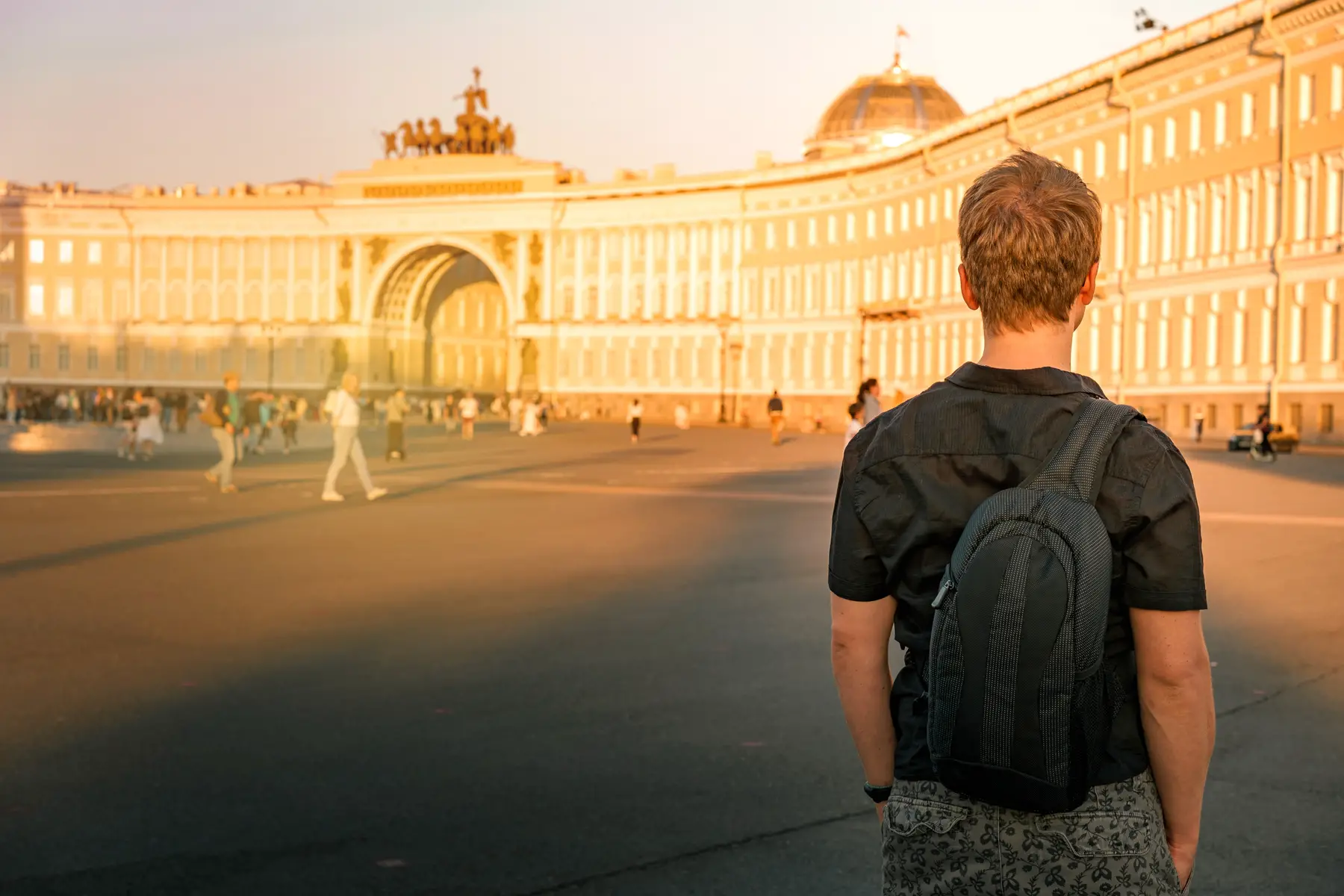
Your university will provide you with a student ID card which entitles you to a range of benefits during your stay in Russia. One such benefit is a significant discount on public transportation fares. In Moscow, for instance, you will be able to purchase a monthly unlimited pass to use on the Metro, buses, and trams at a discounted rate of 405 ₽.
Your student ID will also grant you discounts in numerous shops, as well as cheaper (or even free) entry to many of Russia’s world-renowned cultural attractions, including the State Hermitage Museum in St. Petersburg and Moscow’s wonderful State Tretyakov Gallery.
The cost of living in Russia
To figure out how much money you will need to study in Russia, you will first need to understand the general cost of living. Naturally, this will vary depending on where you live, with Moscow and St. Petersburg being the most expensive cities in the country. For reference, a meal at a modest restaurant in Moscow will cost around 500 ₽, rising to around 1,500 ₽ at a mid-range restaurant. Meanwhile, groceries are likely to set you back around 10,000 ₽ to 13,000 ₽ each month.
A pint of domestic beer at a bar will cost about 120 ₽, while the same beer at a grocery store will cost about half as much. A cup of coffee from a Russian café chain costs about 100 ₽ However, the prices at international chains tend to be closer to European and US prices. You can read more about the cost of living in our guide.
After studying in Russia
If you wish to enter the Russian workforce after graduating, you will need to obtain a work visa. In order to get one, you will first need to secure an offer of employment from a Russian company. This will grant you a letter of invitation, which you need to provide along with your visa application. Your visa will then be conditional upon you remaining with that employer. If you decide to change jobs, therefore, you will need to leave Russia and reapply with a new letter of invitation.
If you have a bachelor’s, master’s, or Ph.D. from a Russian university and wish to find a job in a different country, the likelihood of your qualification being recognized depends largely on the country and your field of study. Europe, the U.S., and Canada will recognize most degrees. However, for some specializations, such as medicine, law, and education, you will likely need to undergo additional training in the country where you wish to work.
Useful resources
- Study in Russia – the official website about higher education in Russia for international students
- Russian Ministry of Education – provides information about government policy and legal regulation, as well as up-to-date news on education in Russia
- Rossotrudnichestvo – the Russian government agency primarily responsible for administering civilian foreign aid and cultural exchange


